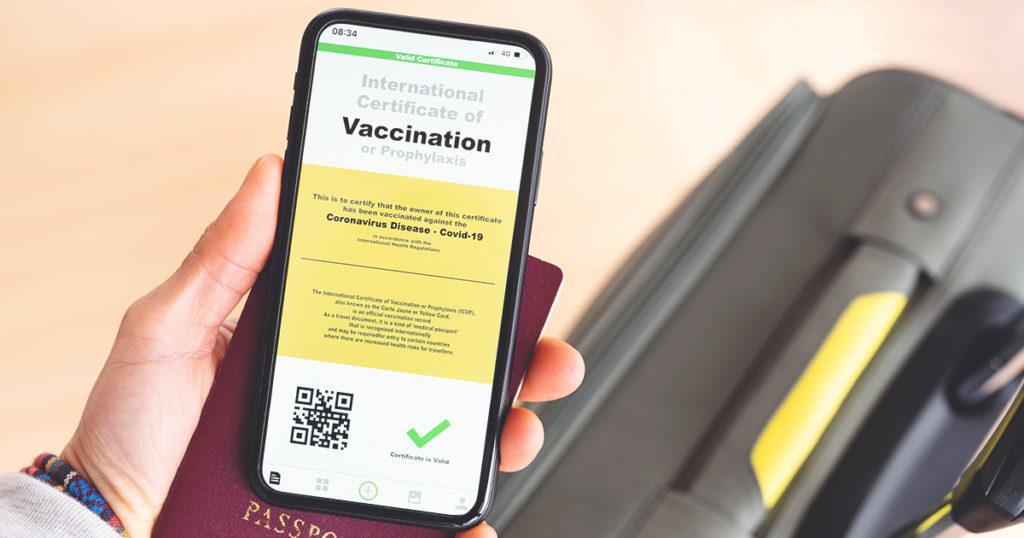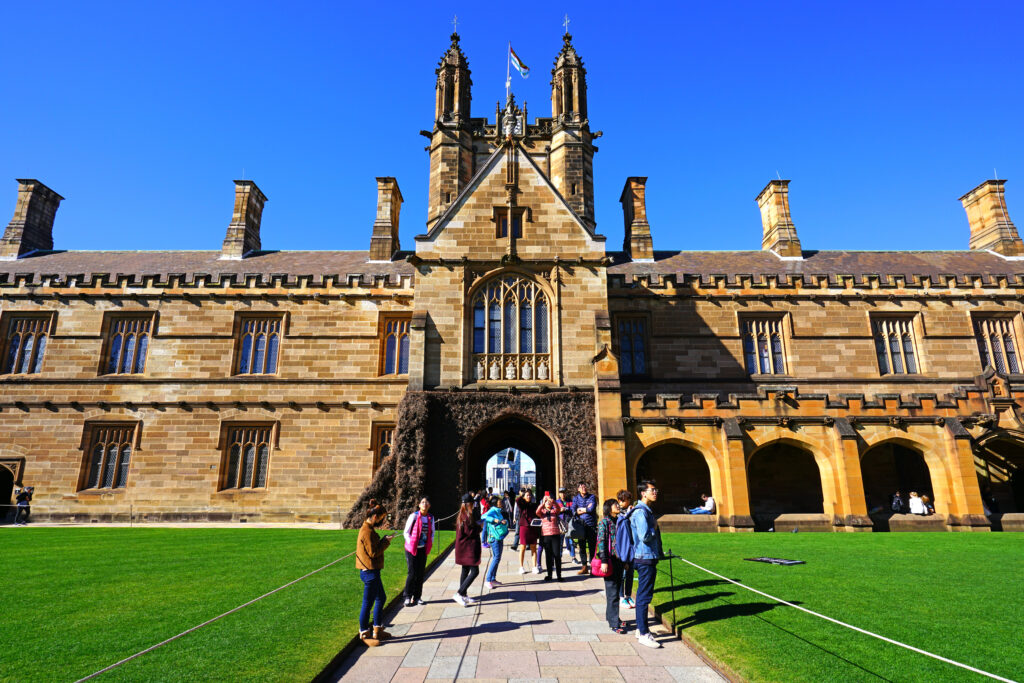As Australia continues to reopen, more international arrivals are entering the country every day – and you may soon be one of them! If that’s the case, you’ll need to familiarise yourself with the requirements you need to meet to safely travel to Australia. A key requirement for travellers is showing proof of vaccination. While Australia has implemented its own vaccine passport system, you must follow some unique steps if you’ve been vaccinated elsewhere.
So, how can you show proof of vaccination if you received your jab overseas? This is where foreign vaccine certificates come in.
Here is everything you need to know about using foreign vaccine certificates in Australia.
How can I get a foreign vaccine certificate to enter Australia?
International students who have been vaccinated overseas and travelling to Australia will be able to present foreign vaccination certificates that meet the following criteria:
- They must be issued by a national or state/provincial-level authority or an accredited vaccination provider
- They must be written in English or accompanied by a certified translation. If you’re overseas, contact your nearest Australian diplomatic or consular mission for a list of approved translation services in your country.
They must also contain at least:
- Name as it appears in the traveller’s passport
- Date of birth or passport number
- The vaccine brand name, and
- The date of each dose or the date on which a full course of immunisation was completed.
Both paper and digital certificates are equally acceptable.
For travellers to qualify as fully vaccinated, their certificates must show vaccines approved or recognised by Australia’s Therapeutic Goods Administration (TGA). Current approved and recognised vaccines and dosages are:
Two doses at least 14 days apart of:
- AstraZeneca Vaxzevria
- AstraZeneca COVISHIELD
- Pfizer/Biontech Comirnaty
- Moderna (Spikevax or Takeda)
- Sinovac Coronavac
- Bharat Covaxin
- Sinopharm BBIBP-CorV (for people under 60 years of age on arrival in Australia)
- Gamaleya Research Institute Sputnik V
Or one dose of:
- Johnson & Johnson/Janssen-Cilag COVID Vaccine.
Seven days must have passed since the final dose of vaccine in a course of immunisation. Mixed doses count towards being fully vaccinated as long as all vaccines are approved or recognised by the TGA. There are particular conditions for those vaccinated with Sinopharm BBIBP-CorV, and further information regarding Sinopharm brand names, which can be viewed here.
Travellers who have not been vaccinated with the above doses or schedule do not meet Australia’s definition of fully vaccinated.
Further information about foreign vaccine certificates can be found here.
What is an International COVID-19 Vaccine Certificate?
If you are an international student who received your vaccine in Australia, you can obtain an International COVID-19 Vaccination Certificate to show proof of your COVID-19 vaccinations when you want to travel overseas.
There are two main methods you can use to obtain an international vaccine certificate to present in Australia. The method you choose will depend on whether or not you’re eligible for Medicare.
If you’re from a country with a Reciprocal Health Care Agreement (RHCA) you might receive some Medicare benefits, which may be known as Reciprocal Medicare. If you are eligible for Medicare, you can get your international certificate using either your Medicare online account through myGov or the Express Plus Medicare mobile app.
If you’re not eligible for Medicare, you can get your international certificate after you’ve had a COVID-19 vaccination and it’s been reported to the Australian Immunisation Register (AIR). To request your international certificate, you’ll need to call the Australian Immunisation Register or visit a service centre.





